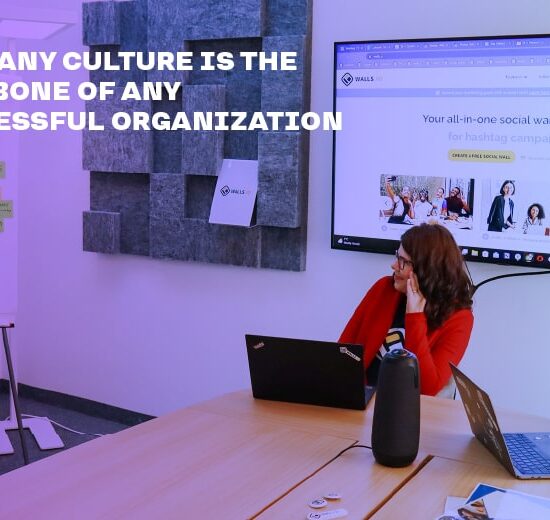Today’s world is fiercely competitive. Possessing technical expertise alone is no longer sufficient to excel in the professional journey. Therefore, soft skills play a vital role in career success. The art of presentation is one such underestimated soft skill that can help us get an edge over others. Whether it is about pitching a project idea, delivering a sales presentation, or addressing colleagues, the skills to captivate the audience with confidence make all the difference.
The Power of Effective Communication:
One of the fundamental aspects of soft skills development is effective communication. The way we articulate our thoughts, choose our words, and convey our messages can greatly impact how our presentations are perceived. Clear, concise, and engaging communication can establish credibility, build rapport, and command attention from the audience. This is especially important in an era of rapidly diminishing attention span. By honing communication skills, we can create a lasting impression that resonates with the audience long after the presentation ends.
Grooming and Body Language:
Presentation skills extend beyond mere words. Non-verbal cues such as grooming and body language play a significant role in conveying confidence, professionalism, and credibility. A well-groomed appearance and appropriate body language can instantly establish a positive impression and enhance the overall impact of a presentation. We can learn techniques to exude confidence through body language, maintaining eye contact, utilizing gestures effectively, and adopting a poised posture.
Choosing the Right Content for the Audience:
Understanding the audience and tailoring the content accordingly is a critical aspect of successful presentations. Soft skills training helps us develop the ability to analyze the audience, identify their needs and expectations, and adapt presentation style and content to cater to those requirements. This personalized approach enhances audience engagement, as participants feel their needs are being met.
Overcoming Nervousness and Building Confidence:
Even seasoned speakers feel nervous while addressing an audience. For those new to public speaking, it can be a challenging experience. Managing nervousness and building confidence are also soft skills that can be learnt. There are multiple strategies that help us control anxiety, such as deep breathing exercises and positive self-talk. This way, we can project a calm and composed demeanour, instilling trust and confidence in our audience. Increased confidence translates into better delivery, allowing our expertise and ideas to shine through effectively.
While technical knowledge and expertise are important, soft skills are the glue that holds everything together. By improving these skills, individuals can build stronger relationships, enhance their professional prospects, facilitate effective collaboration, adapt to changing environments, and become effective leaders.






